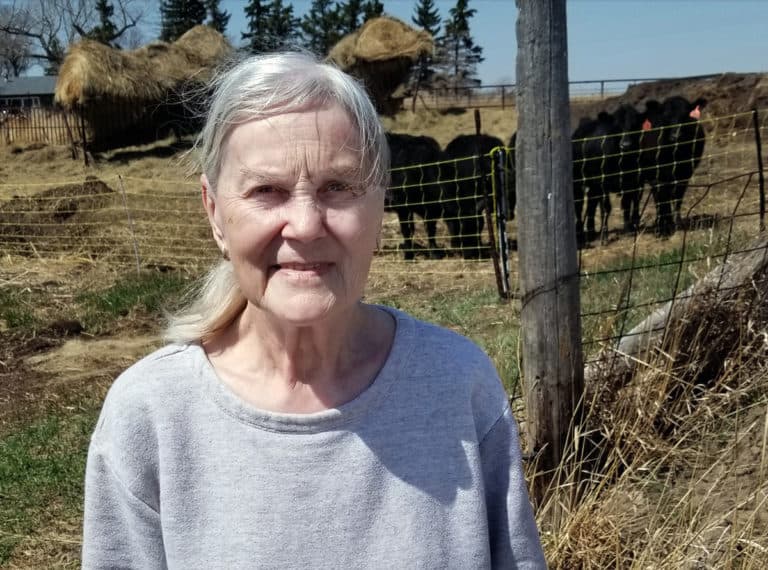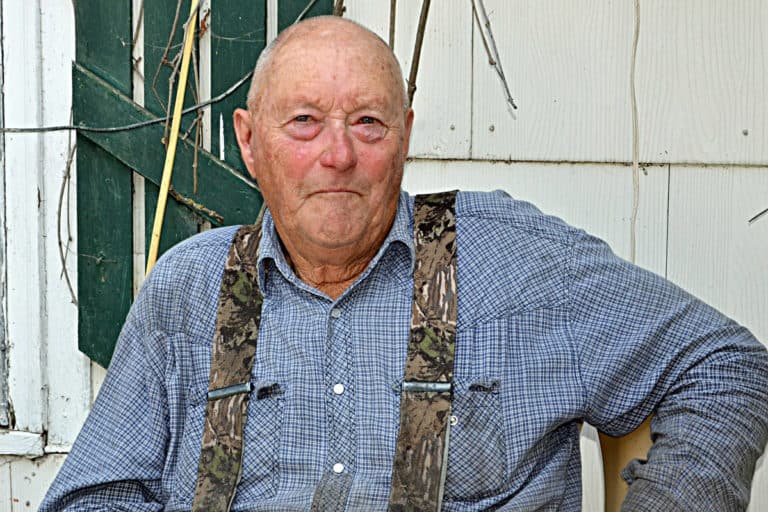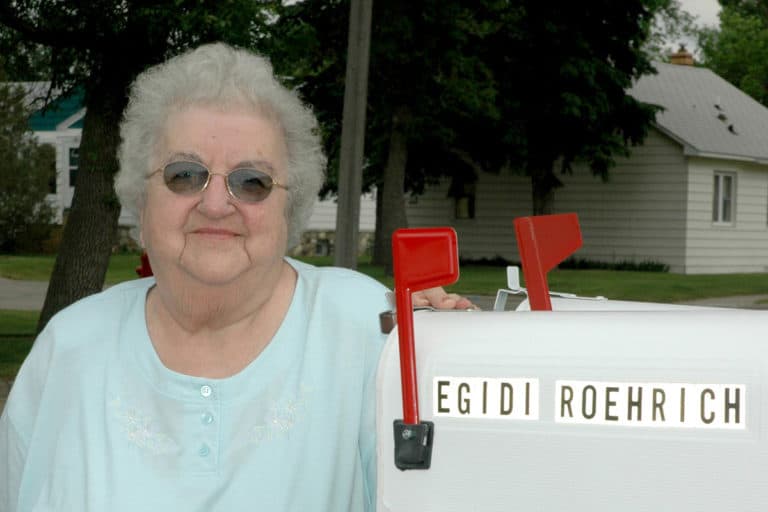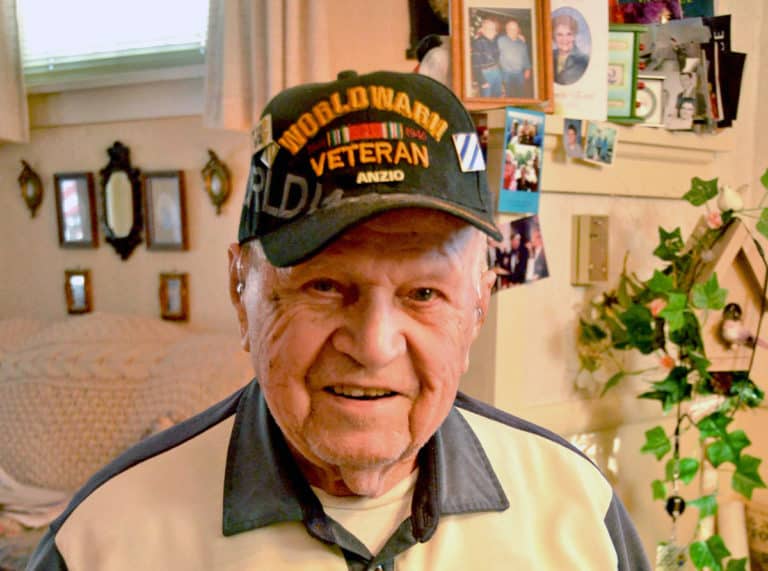“When I was four years old, my oldest brother, Muryl Brekke, [age 19], was killed in World War II. That influence was more than I ever dreamt. The older I get the more I think about that and what he missed in his life, and it’s a tough one. [He was killed] crossing the Rhine. Twenty-second of March in ’45. Blown up by a hand grenade.
“I remember the two military men coming to the door, and that was tough. I was too young to really understand at that point, but I saw the reaction on my parents. The telegram from the military was delivered by my brother’s best friend, and he stood at the door and cried. I couldn’t figure out why he was crying, and when Mom took that envelope, she set it on a shelf and wouldn’t open it, so when my dad was there drinking coffee with his friend and nobody was talking, it was just dead silence. I climbed on a chair and got that telegram and took it to the kitchen. Never saw my dad cry before. That did it. My brother was still in high school when he was drafted into the military.
“I was pretty small at that time, but when my mother died, [another] brother and I divided up some of her things. She had a carved wooden chest. It was bigger than a jewelry box, really, and in that she had all of her important papers. I couldn’t open it. It sat in my closet for years. One day that thing fell out o’ the closet, and the cover broke. It had all these papers. One was from the chaplain [telling] when Muryl was killed, how he was killed, and one from Muryl that came two days after we were notified that he had died. He was looking for a package from home. She would have given anything to have made cookies and candies and sent them to him. It’s kind of relieving to be able to talk about it.”
Shirley married Paul Haroldson, a Coteau High classmate, in 1959. Meeting him, she says, “Wasn’t hard when there’s only six in the class.” They raised three children.



